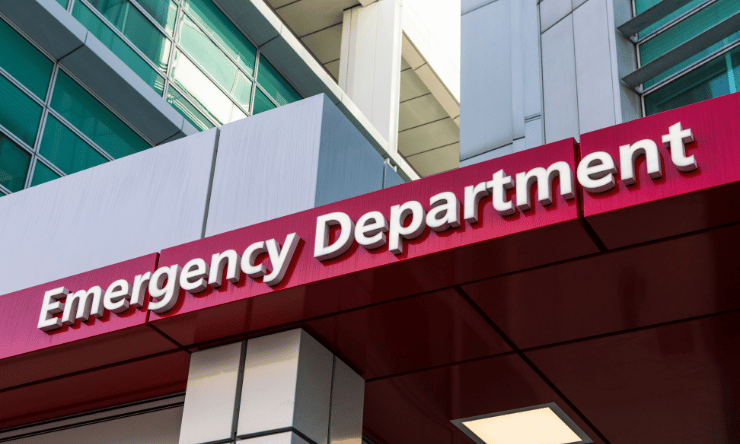
In the late 90's I was admitted to the emergency department at a major hospital in Melbourne with a severe headache to the right side of my head and severe pain in my right eye. The pain was so excruciating that my right eyeball felt like it was going to explode.
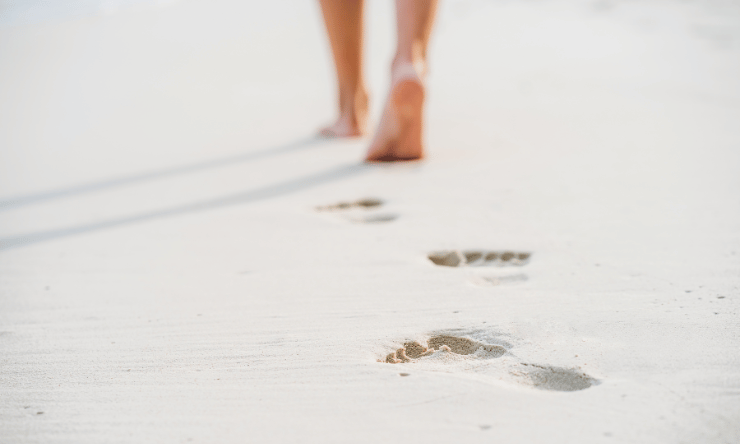
I am only a few months into my journey and where that leads I have no idea...but to walk in the steps of those before me gives me hope and warmth in my heart.
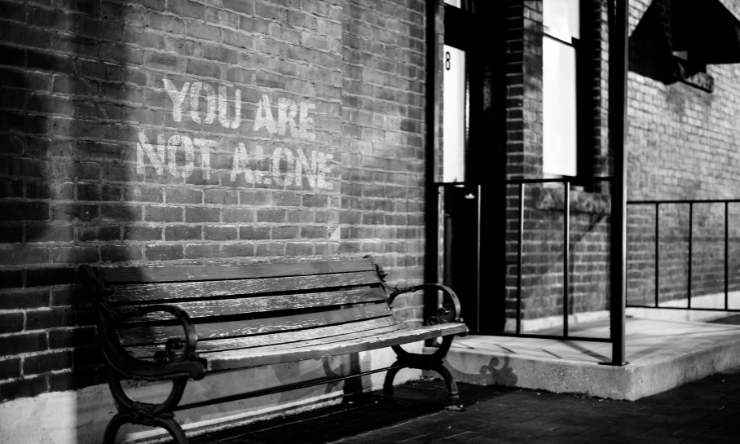
I was 25 when I was diagnosed with glaucoma. I urge anyone who is my age or younger to reach out and not to give up the fight, anything can happen and you are not alone in any of this.
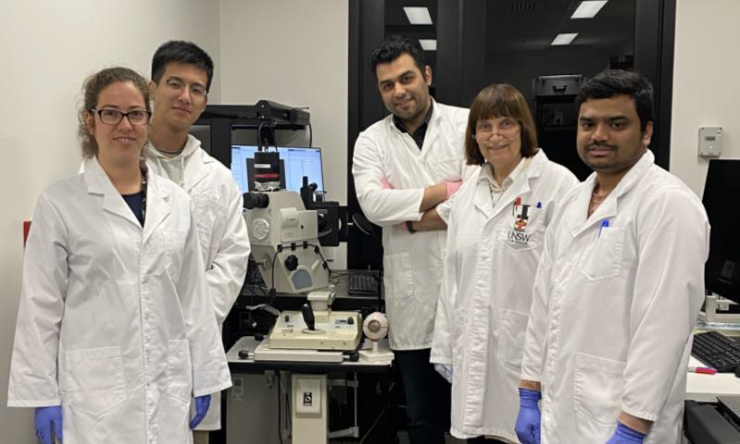
Glaucoma detection and monitoring have reached new horizons with the pioneering application of hyperspectral imaging of cellular autofluorescence.
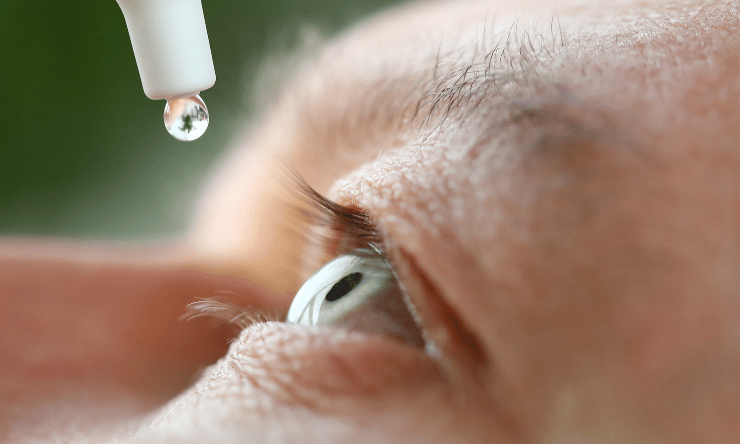
I also have to put in lubricating eye drops about five times daily to counter the negative effects of the prescription drops.
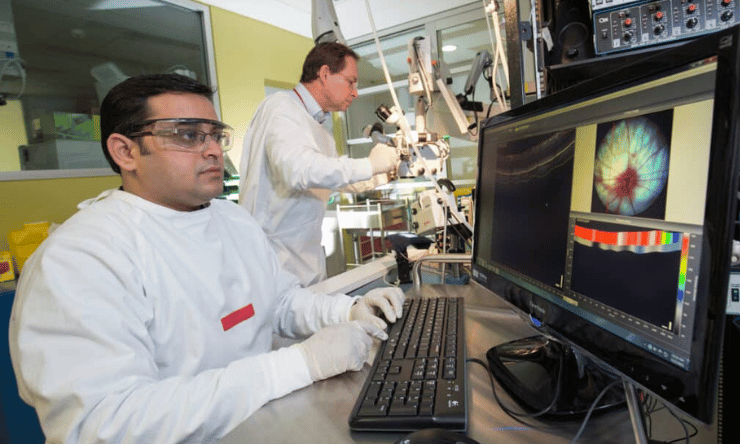
Macquarie University ophthalmology researchers have discovered a link between the protein neuroserpin and glaucoma and developed a technique for a gene therapy that could help treat the world’s leading cause of irreversible blindness.

I was diagnosed with open-angle glaucoma in 1993, when I began to see auras around streetlamps.
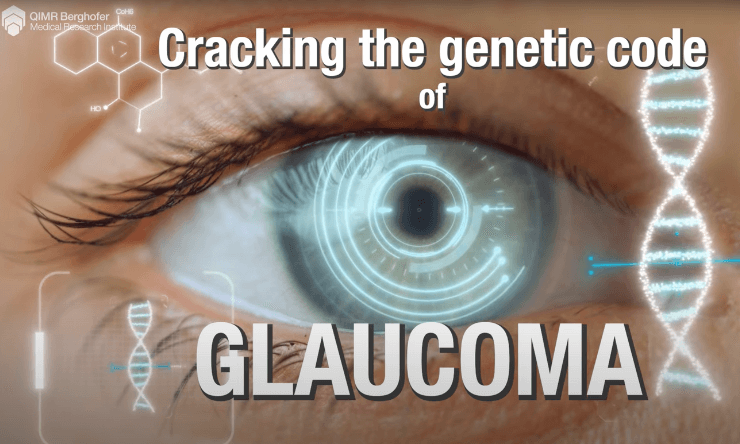
More than 5,000 Australians have already volunteered to take part in the QIMR Berghofer Genetics of Glaucoma study, but the researchers are appealing for more participants.
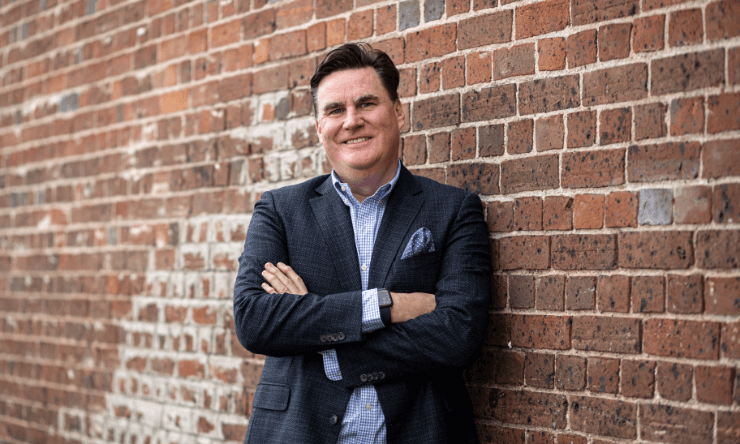
Australia faces a $4.3 billion economic hit from the impact of “the silent thief of sight” - glaucoma - by 2025 unless the Federal Government invests now to support sufferers.

